Passion of Anna, The (1969)
“Why not do something you believe in, which feels true to you?”
|
Synopsis: |
|
Genres, Themes, Actors, and Directors:
Review: Soon he’s on the road offering to help an odd man (Hell) pulling a cart, and we understand he’s essentially a kind individual: … as additionally supported by his willingness to let distressed Ullmann use his phone (albeit with a bit of deceit and nosiness — he surreptitiously listens in): … and the fact that he rescues a dog: … checks on Andersson’s well-being when he happens upon her napping in her car: … etc. Next, in an improvised scene, we see von Sydow and Ullmann enjoying dinner and conversation with Josephson and Andersson: … and interpersonal webs grow ever more entangled, with first one affair occurring, then another, alongside continuous hints that none of these people are truly who they seem (then again, who is?). The disturbing mystery of who keeps brutally harming animals; the tragic bullying of Hell; eruptions of violence and/or suspicion amongst the four key players; random flashbacks and dreams; and the mystery of what actually happened to Anna — interspersed by fourth-wall-breaking interview clips with the lead actors: — all keep us engaged throughout, even if the ending is frustratingly inconclusive. Note: As a Norwegian-American, I know that “slut” means “end” in Norwegian and Swedish — but it’s impossible not to read into Bergman’s choice of this term to close his film, knowing how much overt rancor he had for Ullmann as their relationship was disintegrating during the making of this movie. Notable Performances, Qualities, and Moments:
Must See? Links: |
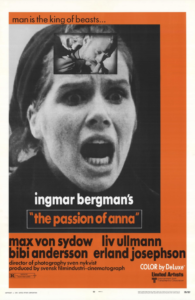

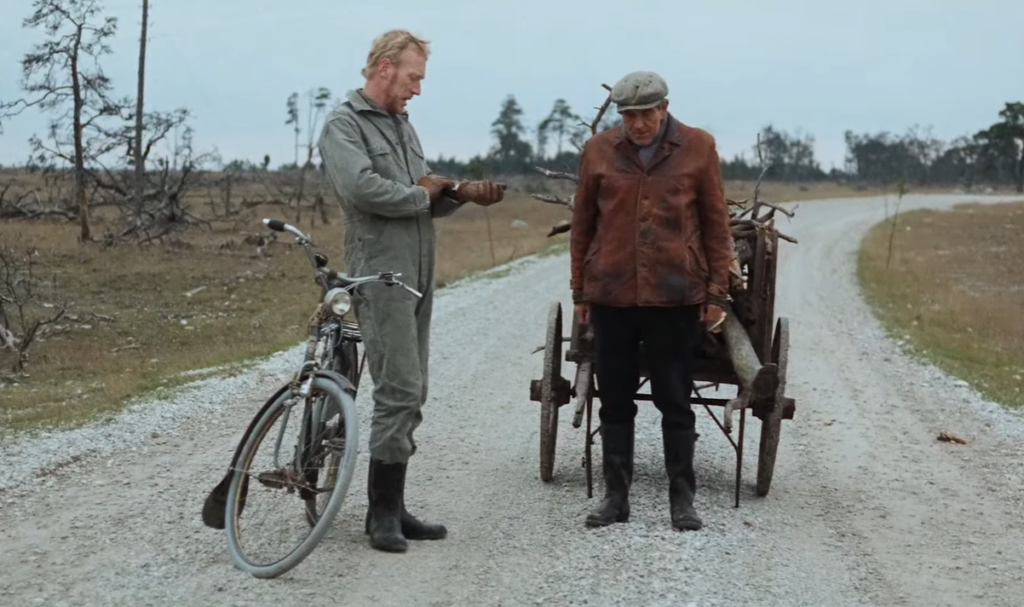
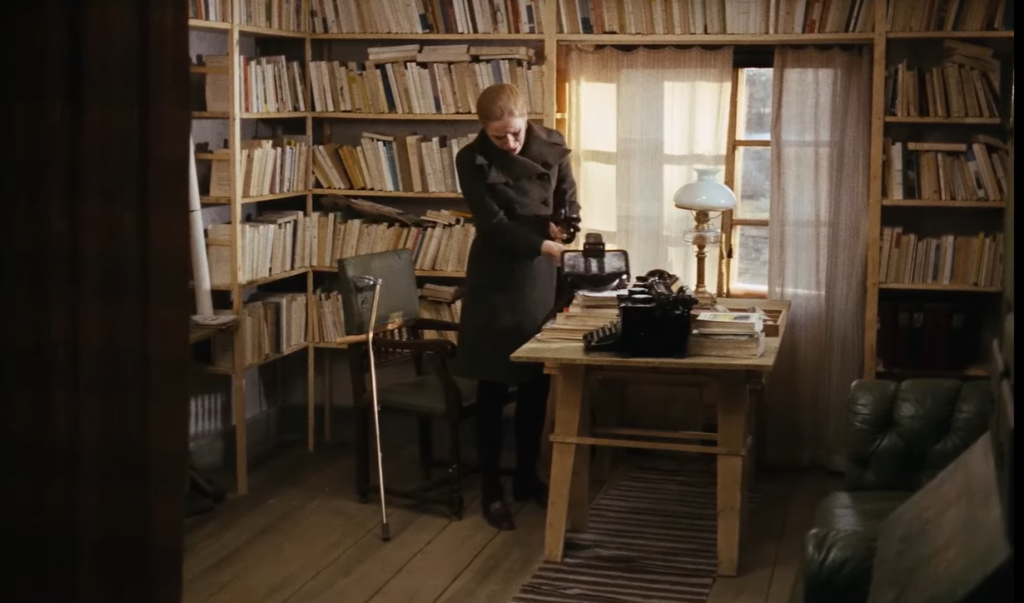



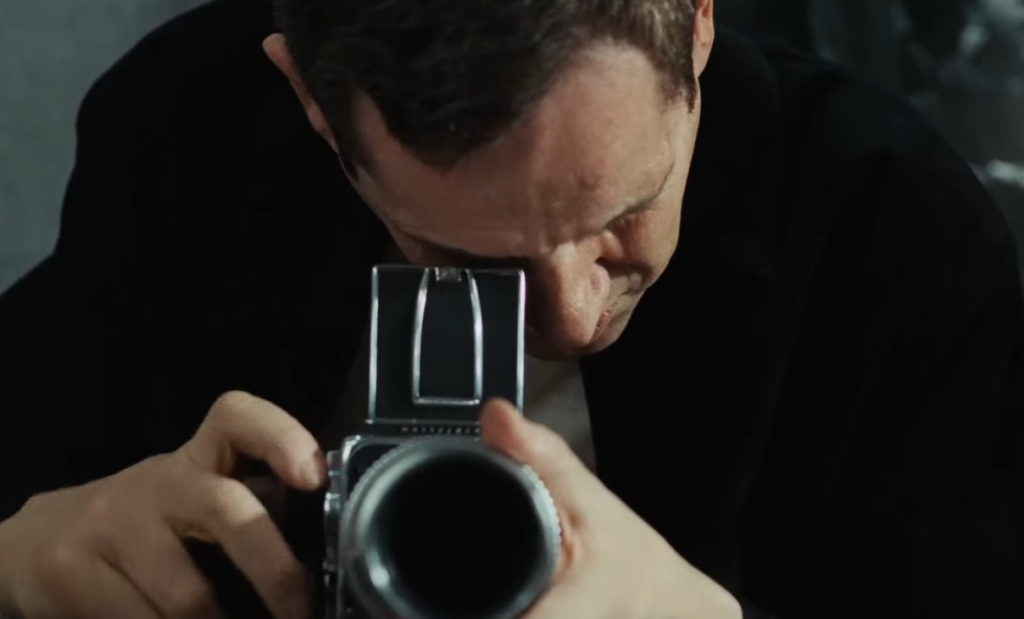


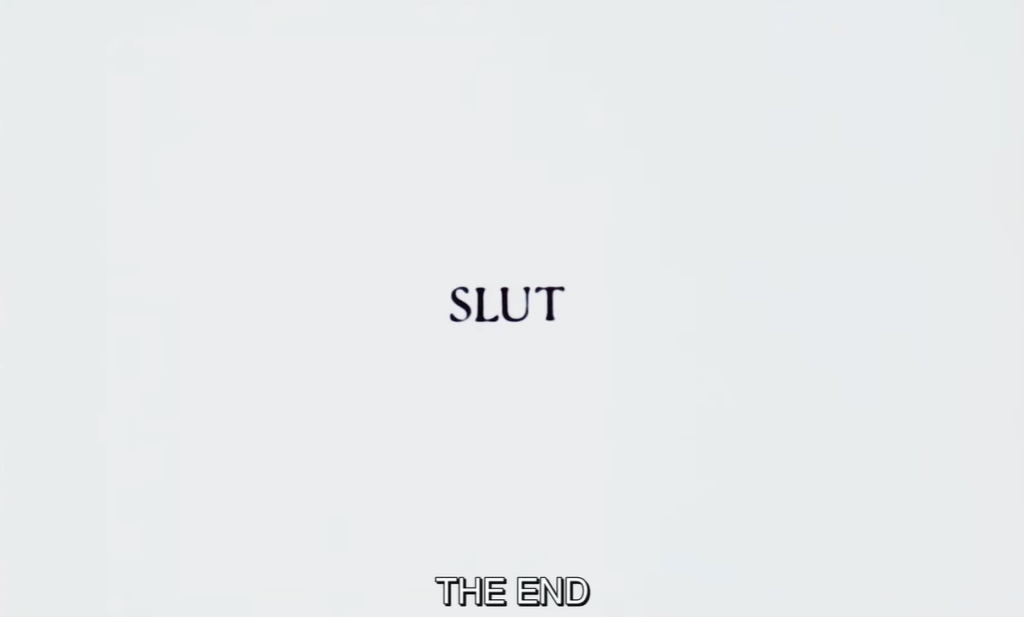


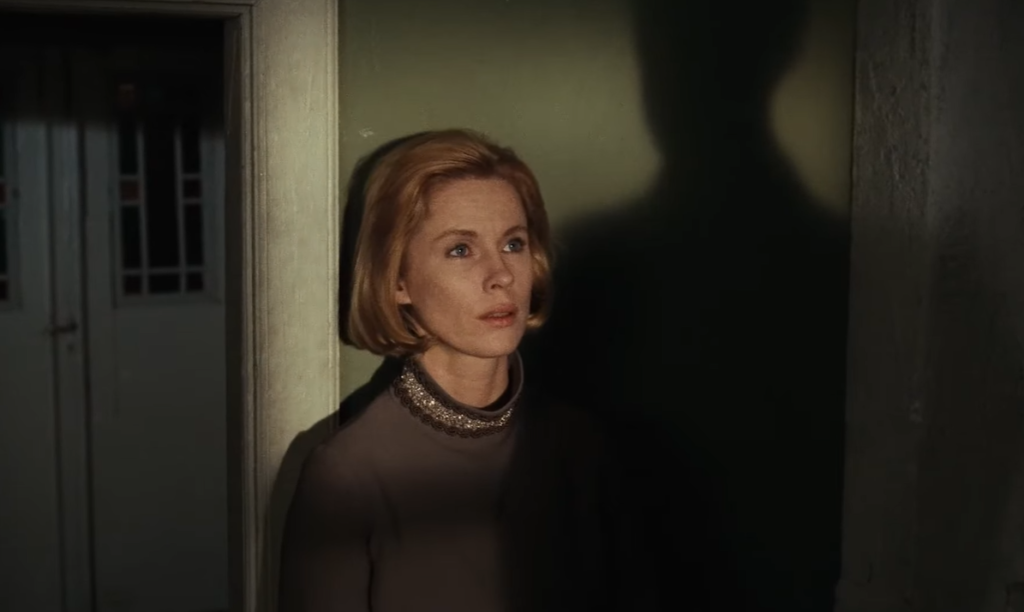

One thought on “Passion of Anna, The (1969)”
Rewatch 5/14/21.
Not must-see – but Bergman fans will want to check it out (even if, ultimately, it may be a bit much for them).
This is Bergman in free-form freefall, with a film that is emotionally all over the place. Essentially an exploration of two couples (four individuals damaged to varying degrees, some slight, some deep) and a peripheral outsider.
A character-based anti-narrative which may require the patience of even strong Bergman fans because it is as disorganized as life (and that’s no doubt part of its point). It also deals largely with self-deception and deception towards others.
Some scenes are powerful, others are exhausting – but the whole thing is given the supreme treatment by DP Sven Nykvist.
It feels like a transitional work as well as a minor one in the Bergman canon. Still, it’s probably not a film that should be easily dismissed. There’s a richness here, even if it is a strange one.